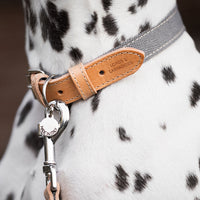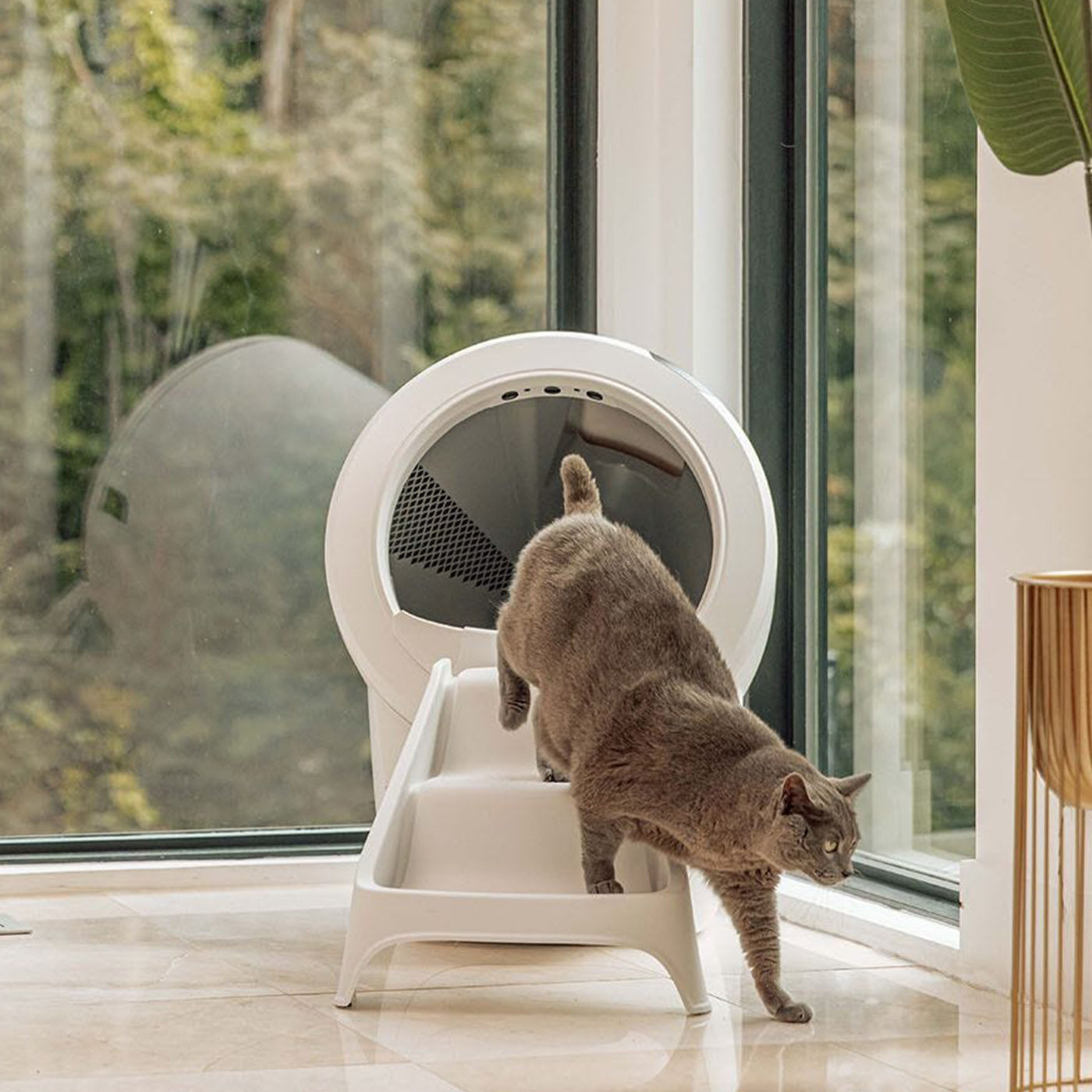When the sun shines and the days are long, there’s no better place to be than at the beach with your dog!
If you’re planning a day at the seaside this summer, we know where all the best beaches in the UK are for a fun and safe day out. How? Well, our friends at Vets Now, the UK’s leading provider of emergency pet care, have compiled a comprehensive guide to the top 50 dog-friendly beaches in the country.
“Unfortunately, pet emergencies don’t take summer holidays and each summer we witness a significant rise in emergency cases that are related to beaches and the sea,” explains Laura Playforth, professional standards director at Vets Now and one of the authors of the Best Beach Guide.
“We’ve only chosen beaches where water quality is deemed high, dogs are welcome all year round, parking and access is good and a daytime vet is based nearby. All those featured are within an hour’s drive of a Vets Now pet emergency clinic or hospital so, if you’re at the beach in the evening or weekend and suffer a pet emergency, you know you’re never far from expert help.”
And if you do find yourself worried whilst at the beach, or afterwards, Vets Now have launched Video Vets Now where you can arrange a video call with one of their emergency vets from the Vets Now team within minutes, no matter where you are in the UK. A ten-minute video consult costs £24 and is refundable if Vets Now recommend an in-person follow up within 48 hours.
To find out the nearest dog-friendly beach to you, click here for Vets Now downloadable guide.
For more details and how to book visit: Online Vets | Video Chat With Our UK Based Vets | 8am-11pm Daily (vets-now.com)

















































































